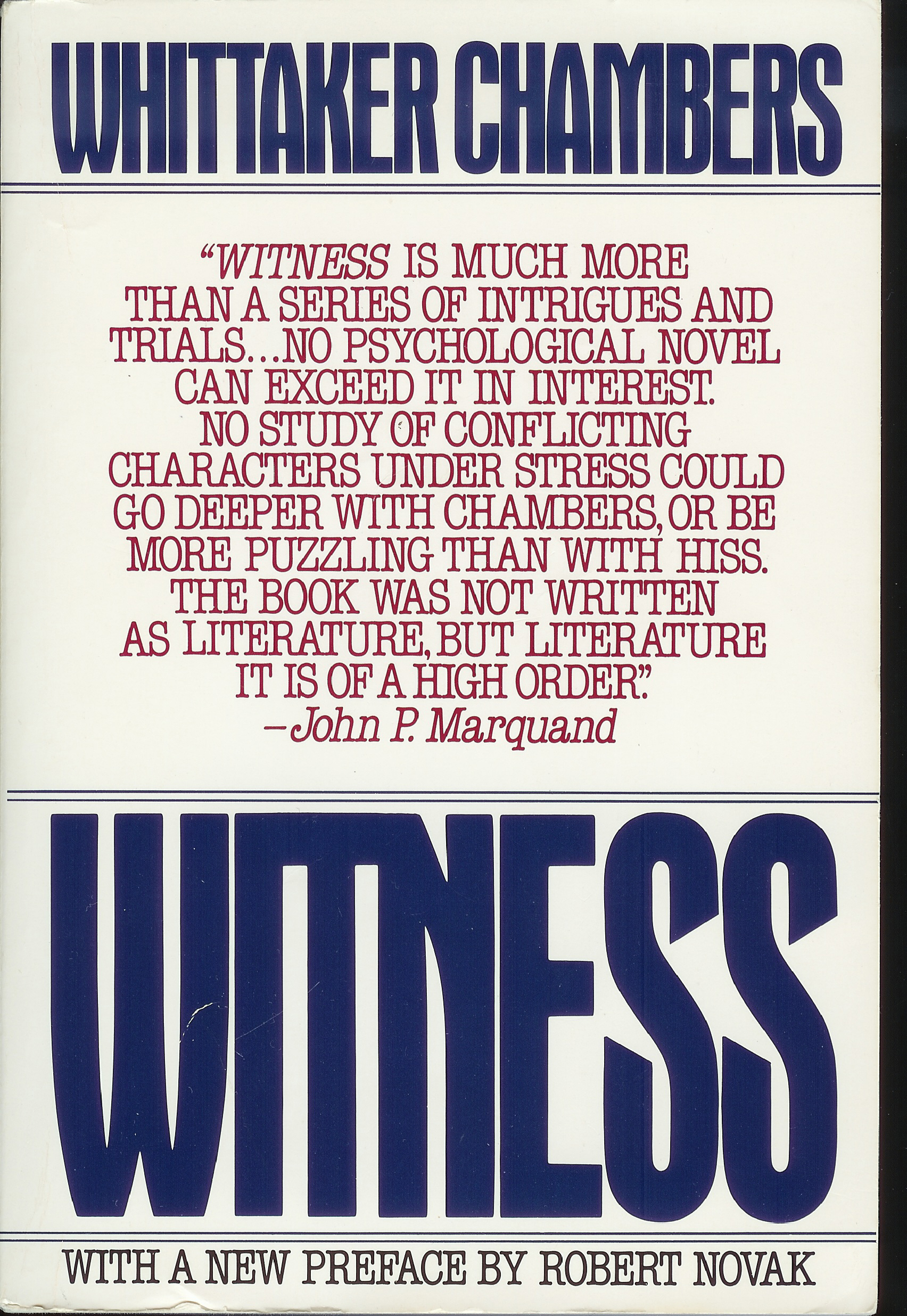Teaching Whittaker Chambers
& His Christian Witness
There has never been a society or a nation without God. But history is cluttered with the wreckage of nations that became indifferent to God, and died. That quote by Whittaker Chambers might form one of the centerpieces of his classic book, Witness, that is the cornerstone of my course on Chambers that I am teaching once again this semester. I teach this course regularly every two years for a number of reasons. First, it tells the tale of a… Read more »

